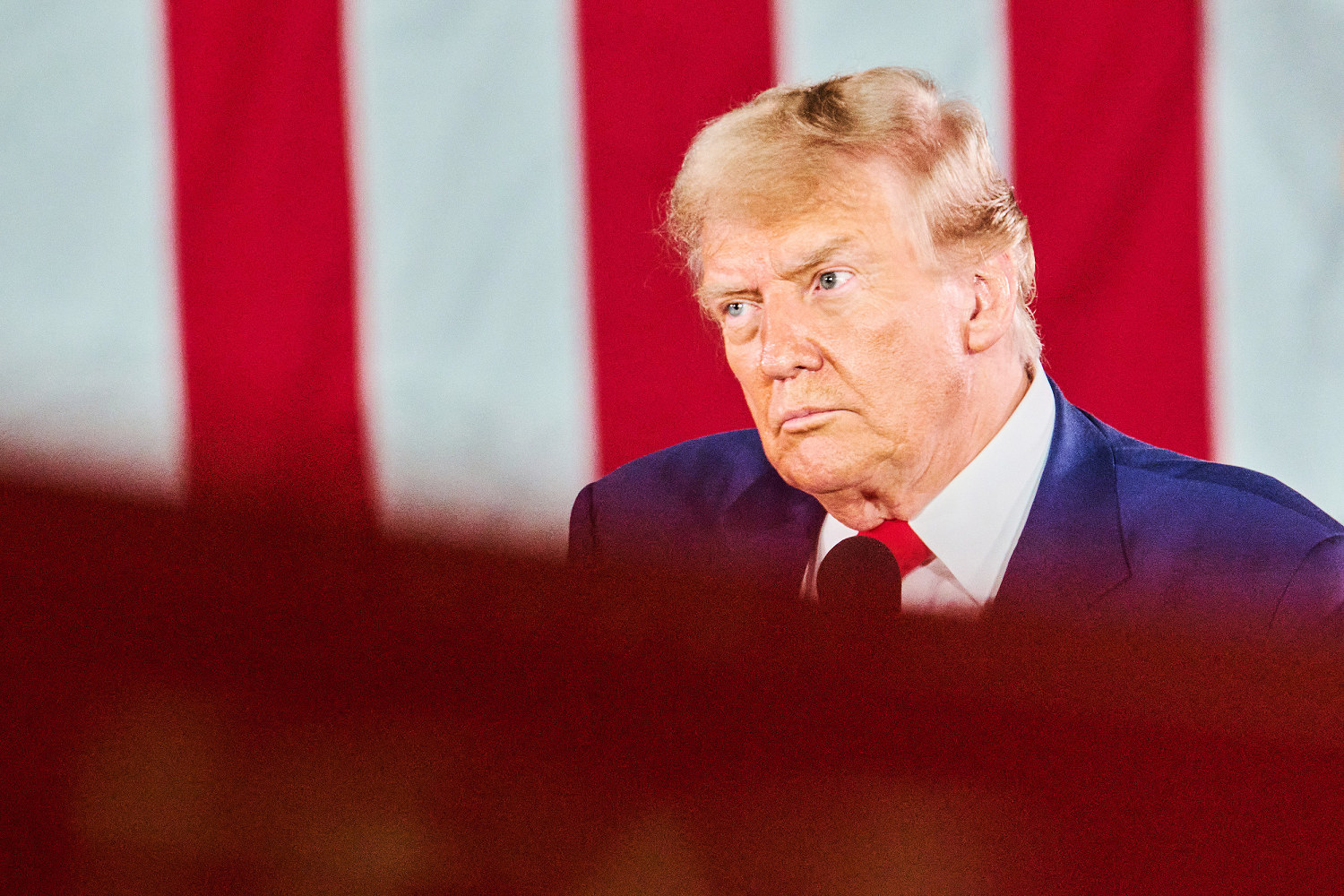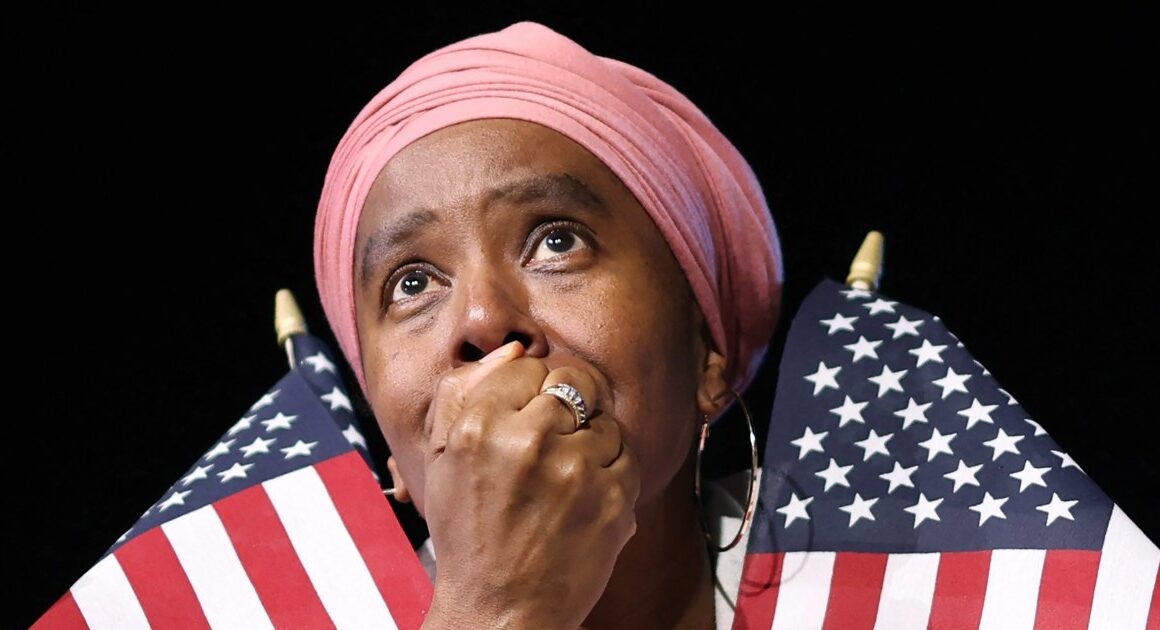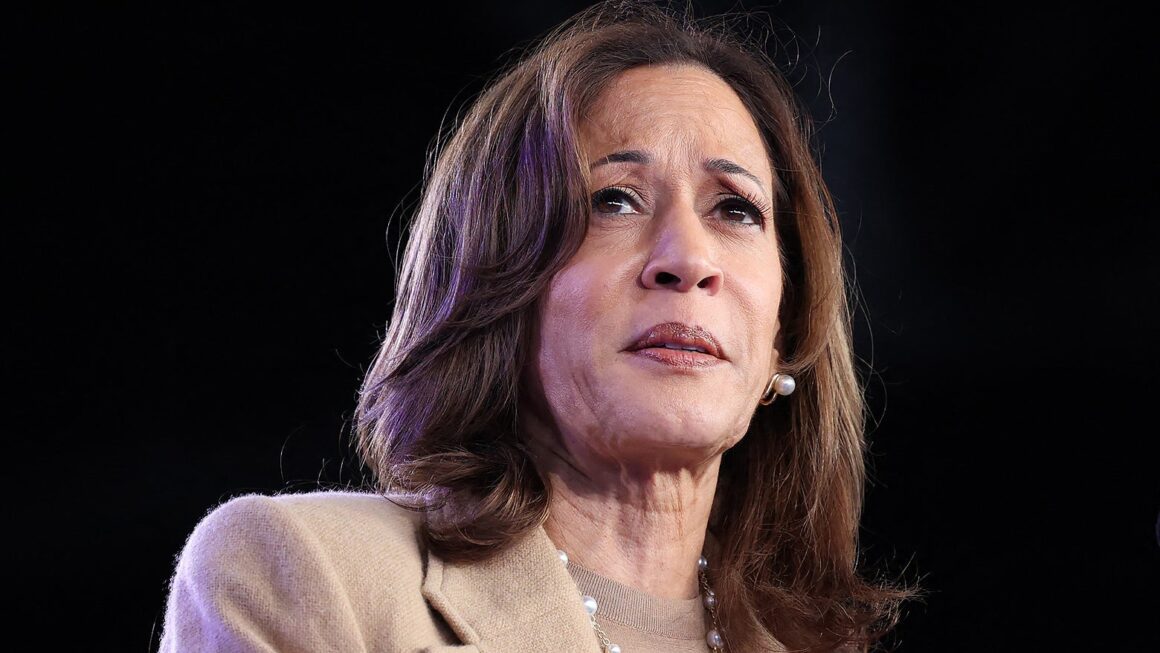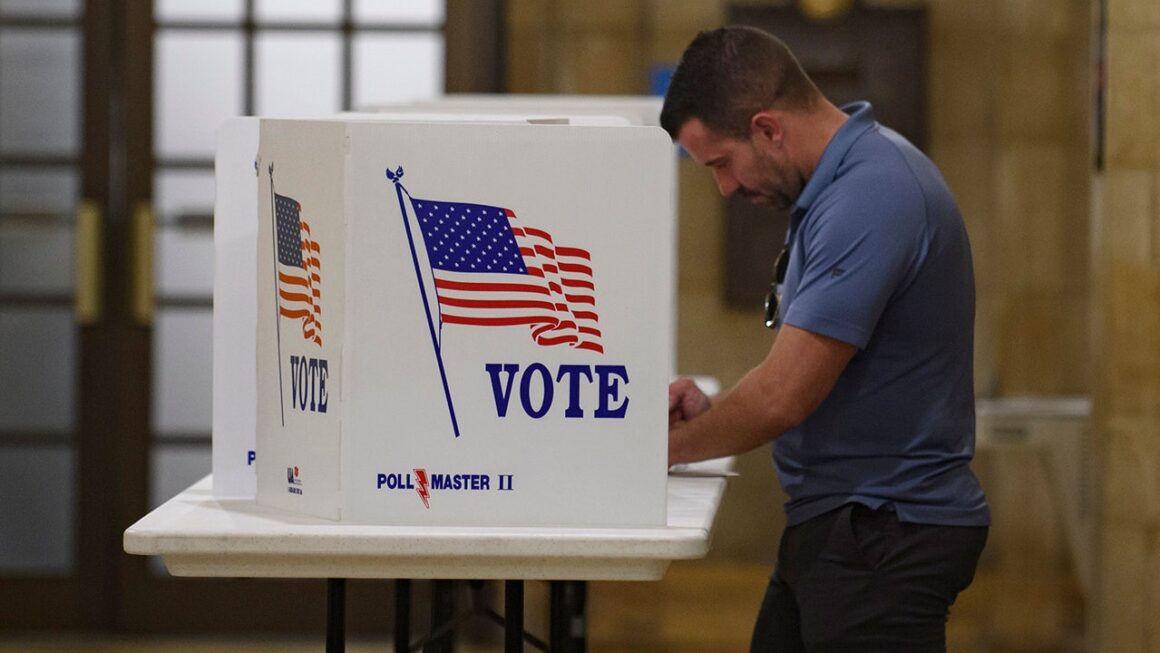
It was about a month ago when Axios reported that in a prospective second term for Donald Trump, his team intends to “dramatically change the government’s interpretation of Civil Rights-era laws to focus on ‘anti-white racism’ rather than discrimination against people of color.” Asked for comment, the Republican’s campaign didn’t exactly deny its interest in rolling back policies designed to address systemic racism.
The former president, his spokesperson said, “is committed to weeding out discriminatory programs and racist ideology across the federal government.”
A Washington Post analysis explained soon after that, in context, “discriminatory programs” referred to “those that attempt to address systemic racial disadvantages. It is an evolution of the idea that affirmative-action policies meant to eliminate those imbalances are, in effect, racist against White people.”
It was against this backdrop that Time magazine’s Eric Cortellessa asked Trump directly whether he agrees with his followers who are convinced that “anti-white racism now represents a greater problem in the country than anti-Black racism.” He didn’t exactly answer the question, at least not initially, choosing instead to complain about unnamed Biden administration officials.
“They’re against Catholics,” the presumptive GOP nominee said. “They’re against a lot of different people. They actually don’t even know what they’re against, but they’re against a lot.”
Got it. The Catholic president has hired a team of officials who don’t like Catholics and have lost track of who else they don’t like. Thank goodness we have Trump to explain these complex issues with such great clarity.
But as part of the same exchange, the former president went on to say, “I think there is a definite anti-white feeling in this country and that can’t be allowed either.” Asked how he’d address this from the White House, Trump added:
I don’t think it would be a very tough thing to address, frankly. But I think the laws are very unfair right now. And education is being very unfair, and it’s being stifled. But I don’t think it’s going to be a big problem at all. But if you look right now, there’s absolutely a bias against white and that’s a problem.”
Or put another way, Trump isn’t entirely sure what he’d do, but he’s nevertheless certain there’s a “problem” related to the “bias against white.”
Circling back to our earlier coverage, on the surface, the rhetoric didn’t exactly come as a surprise. The idea that white people in the United States are the victims of systemic discrimination is ridiculous and offensive, but it’s an element of the MAGA worldview.
What is surprising is the electoral risk that Trump apparently feels comfortable taking.
There’s some evidence that many Black voters are prepared to give Trump a second look ahead of the 2024 elections. To be sure, there are plenty of public opinion analysts who believe that Trump’s support among Black voters in recent polling is largely a mirage and the data should be viewed with great skepticism, but it’s likely that the former president and his team are excited by the mere possibility that they might make gains with one of the most important constituencies in the Democratic Party’s coalition.
Let’s say for the sake of conversation that recent polling is right and a meaningful number of Black voters really are prepared to overlook Trump’s many failures and lengthy record of overt racism.
If that’s the case, shouldn’t the Republican at least try to keep these voters on board? Why in the world would Trump tell Black communities in an election year that he’s deeply concerned about the “problem” related to the “bias against white,” as his team prepares to shift the federal government’s focus to protecting white people from discrimination?
This post updates our related earlier coverage.
![]()







